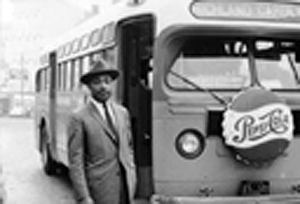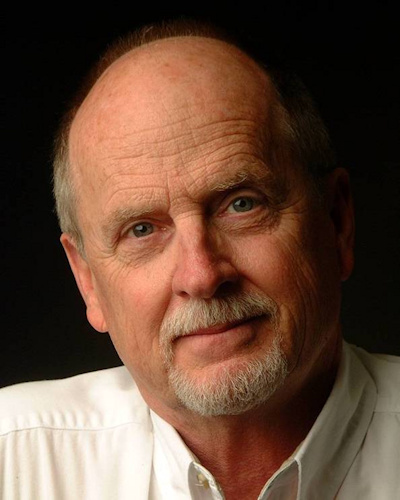<< LAST Contents NEXT >>
Martin Luther King Jr., Gandhi and Jesus’ Sermon on the Mount

Nonviolent Resistance And Martin Luther King, Jr.
Dr. Martin Luther King, Jr. was just twenty-five-years old when he was asked to lead a bus boycott in Montgomery, Alabama. He didn’t know much about protest movements until suddenly he was asked to lead one. Fresh out of seminary, King knew that Jesus’ call to “love our enemies” was at the heart of the Christian faith but how do you organize a protest movement based on loving the segregationists who ran Montgomery let alone the Ku Klux Klan with their burning crosses and midnight lynchings?
“When Jesus commanded us to love our enemy,” Martin writes, “he was very serious. He wasn’t playing…We can’t dismiss this passage as an example of Oriental hyperbole… We have the Christian and moral responsibility to seek the meaning of His words, and to discover how we can live out this love.”
In grad school the young Baptist preacher learned that M.K. Gandhi, a Hindu lawyer had taken seriously these words of Jesus. Gandhi believed that nonviolent resistance to injustice was exactly what Jesus meant when he instructed his disciples to love their enemies.
“The Sermon on the Mount went straight to my heart,” Gandhi wrote. “The verses ‘But I say unto you that ye resist not evil: but whosoever shall smite thee on thy right cheek, turn to him the other also. And if any man take away thy coat let him have thy cloak too,’ delighted me beyond measure.”
Gandhi built his nonviolent protest movement on Jesus’ very specific examples in the Sermon on the Mount. His nonviolence movements in South Africa and India conquered the British Empire. King began to wonder if a movement based on Jesus call to love our enemies could end segregation as well.
“As I read Gandhi,” Dr. King remembers, “I became deeply fascinated by Gandhi’s campaigns of nonviolent resistance. As I delved deeper into the philosophy of Gandhi, my skepticism concerning the power of love gradually diminished, and I came to see for the first time its potency in the area of social reform…Gandhi is probably the first person in history to lift the love ethic of Jesus above mere interaction between individuals to a powerful and effective social force on a large scale. Jesus furnished the end goal while Gandhi provided the method for reaching it.”

